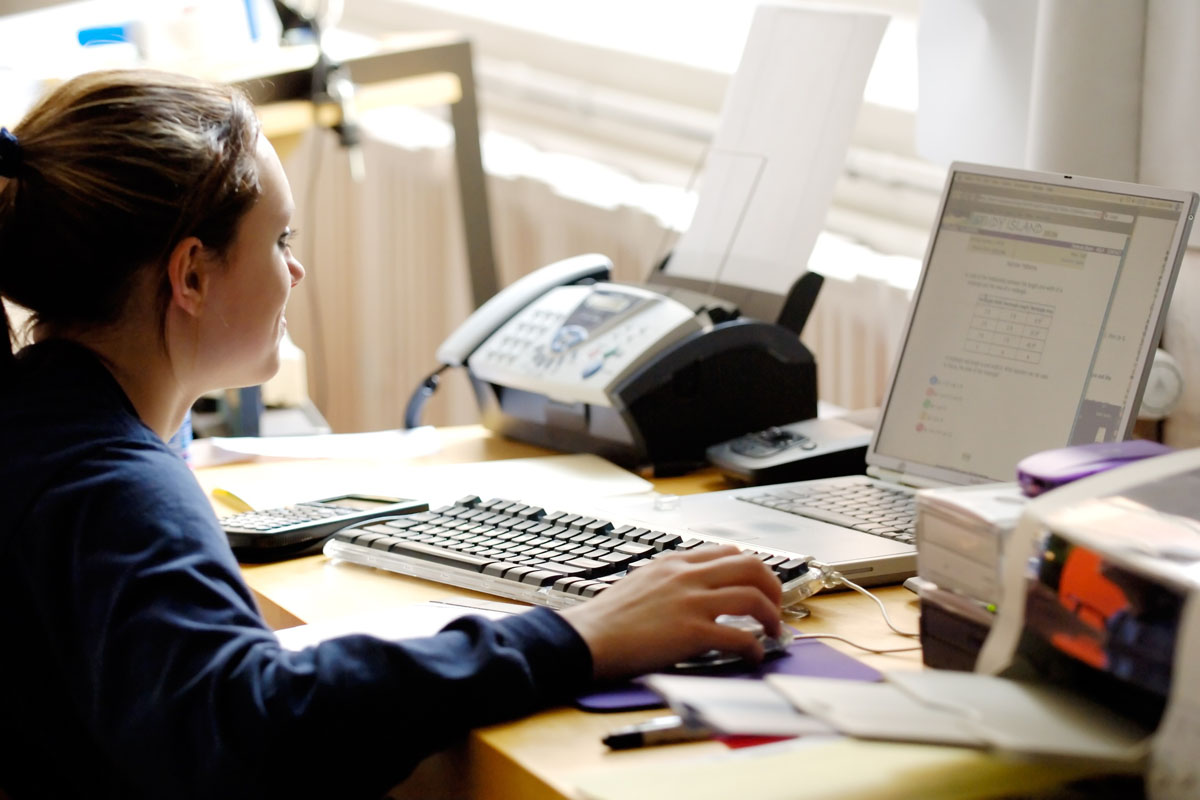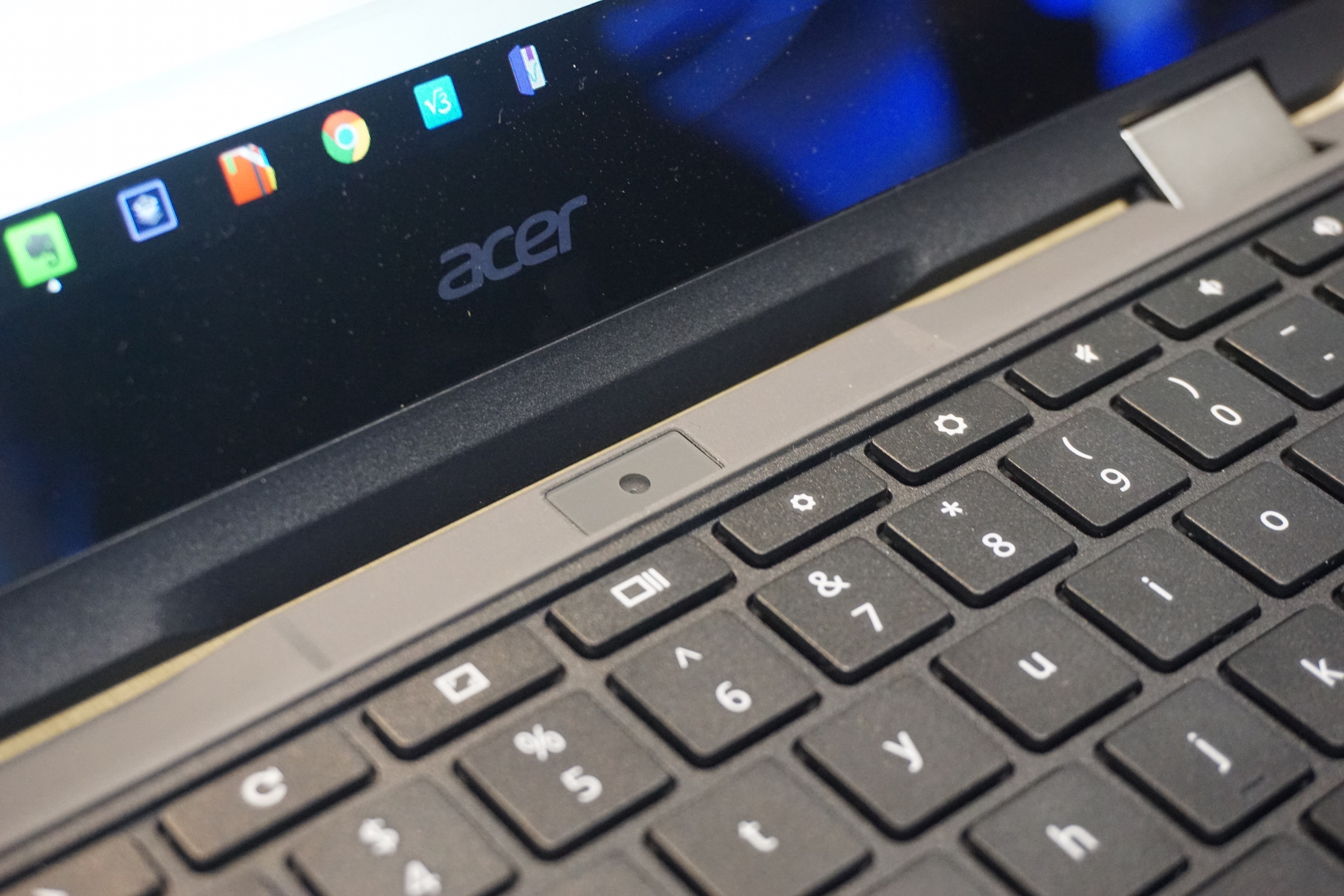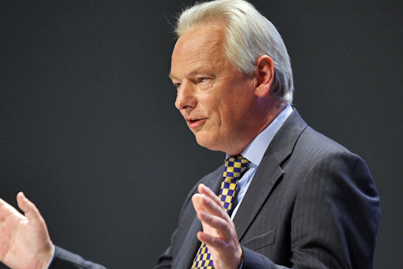Will free laptops boost grades and the economy?
A government minister has said trials of the Home Access Programme have boosted student grades and that educational tech boosts the economy.


Sign up today and you will receive a free copy of our Future Focus 2025 report - the leading guidance on AI, cybersecurity and other IT challenges as per 700+ senior executives
You are now subscribed
Your newsletter sign-up was successful
Giving laptops and broadband to students of low income families can help boost grades and the economy too, a government minister has claimed.
Speaking at the BETT educational tech conference today in London, minister of state for schools and learning Vern Coaker defended the government's 300 million Home Access programme, which looks to get a laptop and broadband in the homes of all students.
The programme has been slammed by ISP TalkTalk, which noted the government is paying for broadband connections for low-income families at the same time its trying to introduce a tax on broadband lines.
"We have to remember students only spend 15 per cent of their time at school," he said, later adding: "Denying them that tech at home can have a serious effect on their attainment."
He claimed an "impressive" 12,000-family trial of the Home Access Programme lead to a two grade improvement on GCSEs for participating students, after they increased their study time by an average of an hour per week over students who already had a laptops.
Coaker noted there would be three million more science, math and tech jobs by 2017, saying that students would need high tech tools to be ready for the workforce.
"I believe this has to start in our schools. We need to prepare our future workforce for our future workplace," Coaker said.
Sign up today and you will receive a free copy of our Future Focus 2025 report - the leading guidance on AI, cybersecurity and other IT challenges as per 700+ senior executives
Important for industry, too
Supporting the educational technology sector could boost the UK economy, Coaker added.
"Technology is becoming an industry and one that our economy relies upon," Coaker said, describing companies as "more than just suppliers," but as stakeholders in educational development.
"From a government prospective, the high investment we have made over past decade has been both a success in supporting educational improvement and supporting the industry, as is evident here at BETT."
Coaker claimed that educational exports were on the rise for the UK, with British companies exhibiting at the show contributing 250 million in exports, and employing 25,000 people.
Freelance journalist Nicole Kobie first started writing for ITPro in 2007, with bylines in New Scientist, Wired, PC Pro and many more.
Nicole the author of a book about the history of technology, The Long History of the Future.
-
 AWS CEO Matt Garman isn’t convinced AI spells the end of the software industry
AWS CEO Matt Garman isn’t convinced AI spells the end of the software industryNews Software stocks have taken a beating in recent weeks, but AWS CEO Matt Garman has joined Nvidia's Jensen Huang and Databricks CEO Ali Ghodsi in pouring cold water on the AI-fueled hysteria.
-
 Deepfake business risks are growing
Deepfake business risks are growingIn-depth As the risk of being targeted by deepfakes increases, what should businesses be looking out for?
-
 Trade body urges UK government to speed up National Semiconductor Strategy
Trade body urges UK government to speed up National Semiconductor StrategyNews Trade body techUK has urged the UK government to accelerate the implementation of the National Semiconductor Strategy.
-
 US lawmakers call for restrictions on software exports to Chinese chip companies
US lawmakers call for restrictions on software exports to Chinese chip companiesNews US government needs broader, systemic restrictions to avoid Chinese military innovation, says letter
-
 Raspberry Pi: British computing teachers need more help
Raspberry Pi: British computing teachers need more helpNews The Raspberry Pi Foundation offers free computing magazine to educators
-
 Chromebooks go convertible with low-cost stylus
Chromebooks go convertible with low-cost stylusNews Acer, Asus, and Dell models reveal the future of Google's Chromebooks
-
 HP airs concerns over Government SMB IT deals
HP airs concerns over Government SMB IT dealsNews Tech giant has reportedly written to the Treasury to outline its concerns about the Government's ongoing SMB supplier push
-
 Government Compliancy in the IT Sector
Government Compliancy in the IT SectorIn-depth Compliance is paramount to government IT installations; Max Cooter explains why.
-
 Taxpayers' Alliance hits out at schools' "wasted" tablet investments
Taxpayers' Alliance hits out at schools' "wasted" tablet investmentsNews Campaign group claims schools are failing to make best use of technology.
-
 BlackBerry 7 OS certified to carry 'Restricted' UK government information
BlackBerry 7 OS certified to carry 'Restricted' UK government informationNews Canadian manufacturer retains foothold in the enterprise market.
